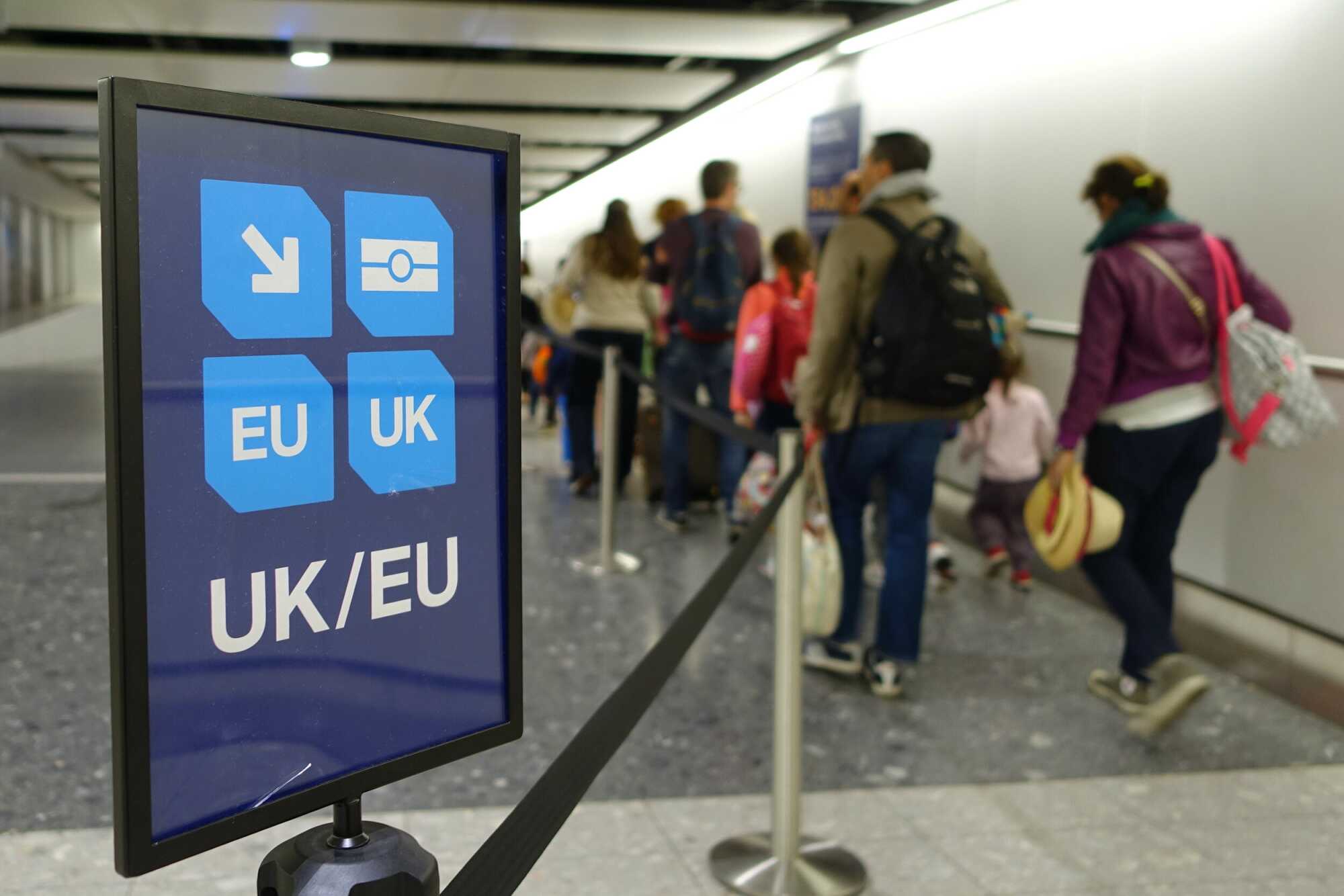Right to Rent scheme ruled incompatible with Human Rights Act
7th March 2019
Get in touch today
Call 01435 897297
Email info@kdllaw.com
7th March 2019

In the recent case R (Joint Council for the Welfare of Immigrants) v Secretary of State ((1) Residential Landlords Association, (2) Liberty, (3) Equality and Human Rights Commission intervening) [2019] EWHC 452 (Admin), the High Court has held that right to rent checks cause discrimination on grounds of race and nationality, and breach the Human Rights Act 1998.
What is the right to rent scheme?
The right to rent checks were introduced in England in February 2016 under the Immigration Act 2014 (“the 2014 Act”), which was introduced by Theresa May when she was Home Secretary. The aim was to help the Government deal with landlords who let residential properties to persons with no right to live in the UK. The scheme under the 2014 Act was further extended on 01 December 2016 by the introduction of the Immigration Act 2016.
The scheme provides that all landlords of residential properties are required to check the immigration status of prospective tenants (and other occupiers) to ascertain whether they have the right to be in the UK and can legally rent a residential property in England. The policy also affects commercial landlords if, for example, they let residential flats over retail units.
Under the scheme:
there are criminal sanctions for landlords (and their agents) that fail to comply with their right to rent obligations;
landlords can terminate a residential tenancy where the Secretary of State has served notice stating that the occupiers are disqualified from occupying the premises as a result of their immigration status;
the Housing Act 1988 was amended to include a new mandatory ground for possession for tenancies let on assured/assured shorthold tenancies where tenants or adult occupiers are disqualified (i.e. they do not have the right to enter or remain in the UK).
Research
In December 2018, the Residents Association carried out a report which found that the fear of “getting things wrong” led to 44 per cent of private landlords being less likely to rent to those without a British passport.
It also found 53 per cent of landlords were less likely to rent to those with limited time to remain in the UK, whilst 20 per cent said that they were less likely to consider letting property to EU or EEA nationals. Research carried out by the charity the Joint Council for the Welfare of Immigrants (“the JCWI”) uncovered similar findings.
Remarkably, during the course of the case instigated by the JCWI, government research emerged which confirmed a significant proportion of landlords were unwilling to rent to people without British passports.
What has the court decided?
Last summer the JCWI was granted permission to challenge the right to rent measures by way of Judicial Review, on the basis that they cause discrimination. The High Court decided the case last week and agreed that the measures were discriminatory.
The evidence presented showed that landlords discriminated against potential tenants on the basis of nationality and ethnicity. This discrimination was a rational response by landlords to the sanctions which they faced if they breached the 2014 Act, and the wider sanctions that would flow from any conviction.
The Court found that the 2014 Act had little or no effect on illegal immigration and was incapable of justification as the measures were found to have a “disproportionately discriminatory effect”. The judge went on to say that the scheme “does not merely provide the occasion or opportunity for private landlords to discriminate but causes them to do so where otherwise they would not.”
A declaration was made that the scheme was incompatible with human rights laws. As a result, the decision to roll out the scheme in Scotland, Wales and Northern Ireland without further evaluation has also been declared irrational and in breach of anti-discrimination laws.
What happens now?
The real question for landlords and their agents now is whether they still need to comply with the right to rent scheme and carry out immigration checks. The answer is yes, for the time being, as the 2014 Act remains in force until such time as the Government reviews it in light of this decision.
However, the Government has been given permission to appeal the decision. It remains to be seen whether the Government will appeal, so for now it is very much a case of ‘watch this space’.
For more information, please contact Susan Fox, Senior Litigation Executive, on 01435 897297 or susan.fox@kdllaw.com.
Disclaimer
This legal update is provided free of charge for information purposes only; it does not constitute legal advice and should not be relied on as such. No responsibility for the accuracy and/or correctness of the information and commentary set out in the article, or for any consequences of relying on it, is assumed or accepted by any member of KDL Law or by KDL Law as a whole.
If you have received this update in error or wish to unsubscribe from future updates then please email us at info@kdllaw.com.
Sign up to receive FREE regular Legal Updates by email